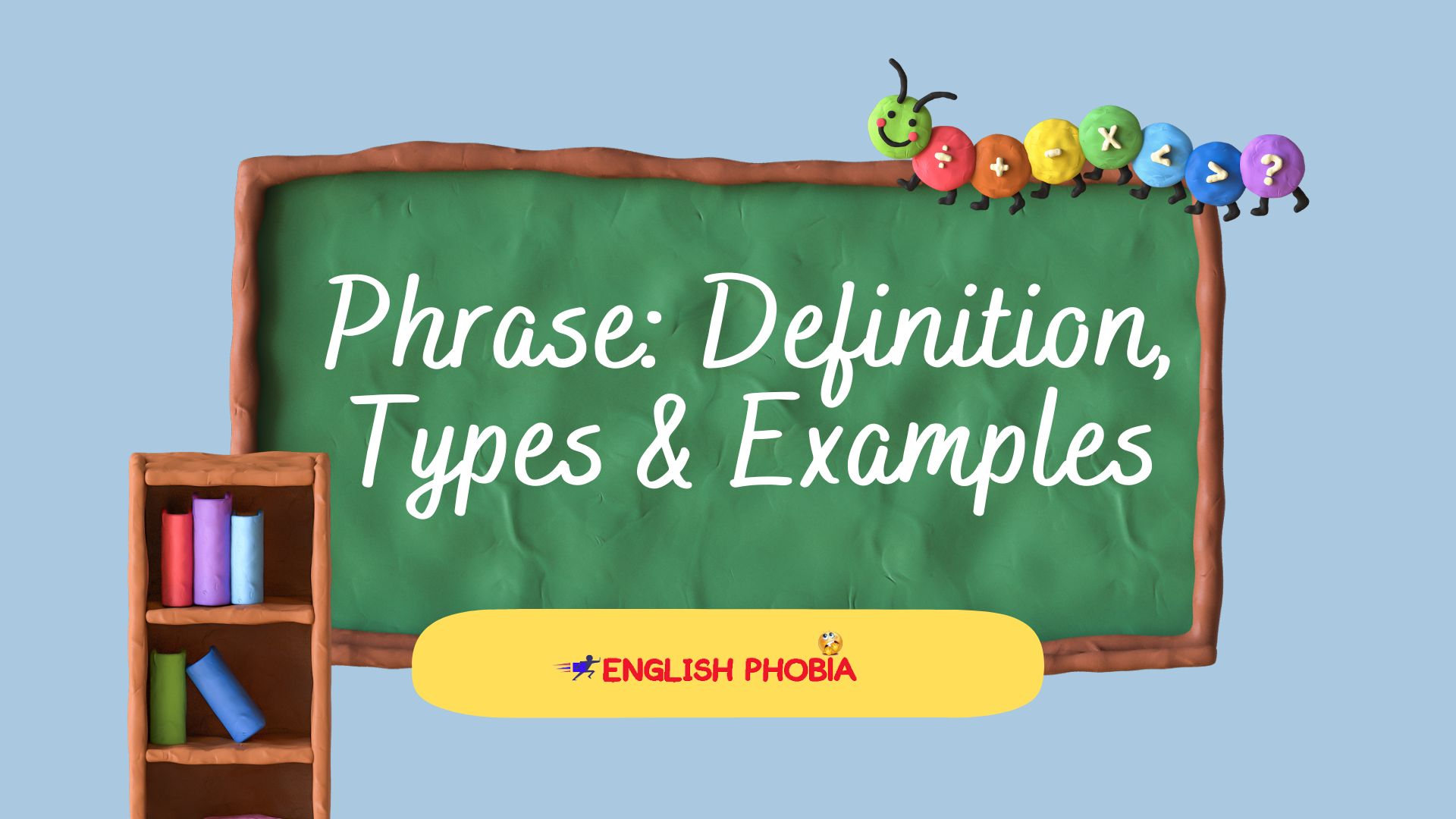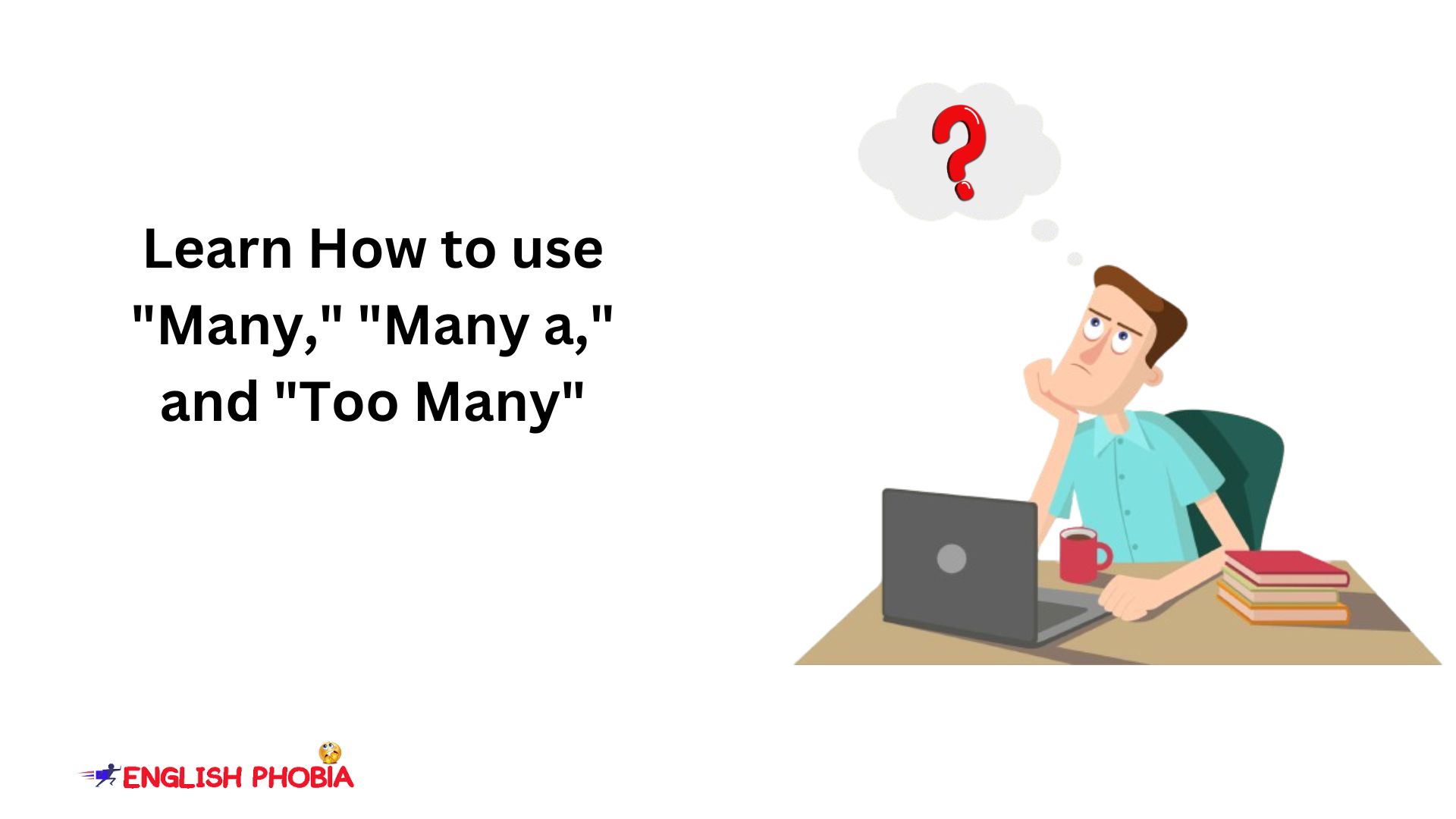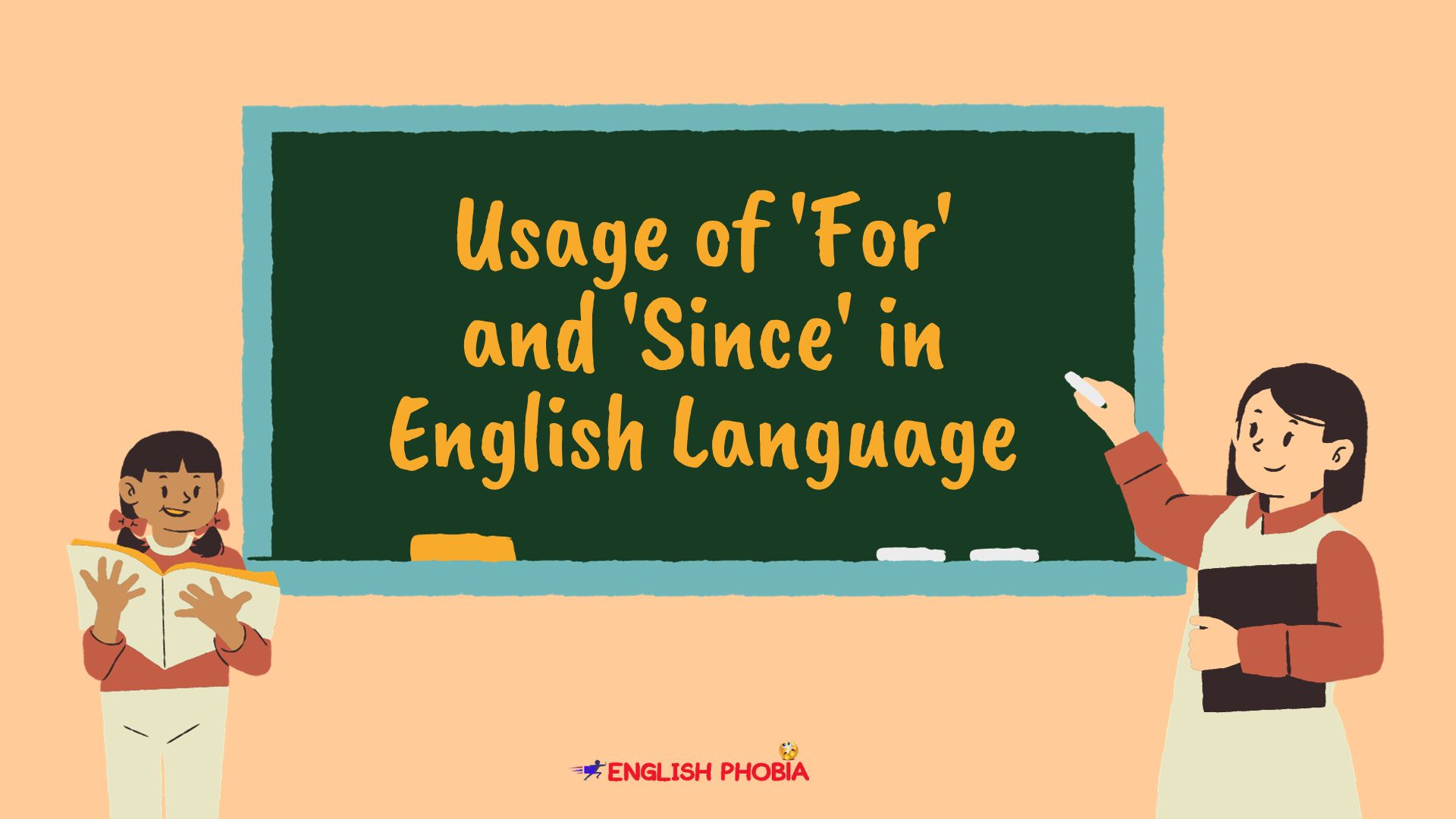Phrases are important parts of a language that contribute to effective communication by adding depth, clarity, and
specificity to our sentences.
In this blog post, we will delve into the world of phrase and clause, exploring their definition, and various types, and providing examples to increase your understanding of them. From noun phrases to infinitive phrases, we will cover a wide range of phrase types to give you a delayed overview of basic sentence patterns in English. So, let’s start this linguistic journey and unlock the concept of phrases.
What is Phrase?
A phrase is a group of words that functions together as a single unit in a sentence. It does not contain a subject and a verb. It cannot stand alone as a complete sentence.
We use phrases to provide additional information about the main subject or verb in a sentence. They can act as nouns, verbs, adjectives, adverbs, infinitives, gerunds, or prepositions. It depends on their structure and function.
Types of Phrases
There are several types of phrases. Each type is a specific function within a sentence. Some of the most common types are given below;
Noun Phrase
Adjective Phrase
Adverbial Phrase
Prepositional Phrase
Conjunctional Phrase
Interjectional Phrase
Absolute Phrase
Appositive Phrase
Participle Phrase
Gerund Phrase
Infinitive Phrase
These are some types of common phrases in English that we are going to learn with examples below.
I. Noun Phrase
Noun phrases play an important role in sentence structure, functioning as the subject, object, or complement. They consist of a noun or pronoun with modifiers such as articles, adjectives, or determiners. For example,
1) The red car parked on the road is expensive.
2) All like to read interesting books.
3) Her beautiful smile makes my day.
4) A talented musician loves his instruments.
5) The big, fluffy dog barked at the mailman.
Noun phrases that provide information or describe entities within a sentence.
II. Adjective Phrase
Adjective phrases serve the purpose of modifying or describing nouns or pronouns in more detail. They provide additional information about the characteristics, qualities, or attributes of the noun they are used with.
For example,
1) Kamal is a tall, handsome man.
2) The beautiful scene of the beach mesmerizes everyone.
3) The sunset was breathtakingly beautiful.
4) She wore a bright, flowy dress to the party.
5) The pizza was hot and delicious.
III. Adverbial Phrase
Adverbial phrases function as adverbs within a sentence, providing information about how, when, where, or to what extent an action occurs. These modify verbs, adjectives, or other adverbs. For example,
1) She danced with grace.
2) He ran as fast as lightning.
3) He drove to work quickly and efficiently.
4) She sang the song loudly.
5) They walked through the park slowly.
These phrase examples of adverbial phrases enhance our understanding of the actions being performed.
IV. Prepositional Phrase
Prepositional phrases consist of a preposition, its object, and any associated modifiers. They provide information
about location, time, direction, or manner. For example
1) I couldn’t see him in the park.
2) Kamal came to take me at midnight.
3) She meets me with great enthusiasm.
4) The cat is under the bed.
5) Neha walked through the park with Priyanka.
These phrases add specificity and context to our sentences.
V. Conjunctional Phrase
Conjunctional phrases are formed by the combination of two or more words functioning as a conjunction. They connect words, phrases, or clauses within a sentence. For examples,
1) Everything seems possible as long as she is with me.
2) The students should go to school in order to school.
3) We can learn anything because of internet availability.
4) He will play Basketball or Cricket after school.
5) She likes not only chocolates but also water balls.
These phrases establish relationships and indicate the logical connections between different parts of a sentence.
VI. Interjectional Phrase
Interjectional phrases consist of interjections, which are exclamatory words or phrases used to express strong emotions, reactions, or commands. They add emphasis, convey feelings, or create a specific tone within a sentence. For examples,
1) Oh, my goodness!
2) Wow, that’s amazing!
3) Wow, that’s amazing!
4) Oops, I forgot her phone in the E-Rickshaw.
5) Ouch, that hurt my foot!
VII. Absolute Phrase
Absolute phrases are independent phrases that modify an entire sentence rather than a specific noun or verb. They usually consist of a noun and a participle, often preceded by a noun or pronoun.
For example,
1) His arms were folded, and he stood confidently.
2) The sun shone brightly, and we enjoyed our day at the beach.
3) The music played loudly, and we danced and sang along.
4) His arms crossed, he looked at her angrily.
5) The rain poured down, and we ran to our home.
Absolute phrases add descriptive details and provide a broader perspective to the sentence.
VIII. Appositive Phrase
Appositive phrases provide additional information or clarification about a noun or pronoun by placing a descriptive phrase next to it. They add specificity and help to identify or define the noun they modify.
For example,
1) My brother, an accomplished pianist, performed at the concert.
2) The city, known for its vibrant nightlife, never sleeps.
3) My friend, a talented musician, plays all the instruments melodiously.
4) My teacher, Mr. Omkar, is very knowledgeable.
5) The book, Wings of Fire, has been read by many generations.
IX. Participle Phrase
Participle phrases consist of a participle (a verb form that functions as an adjective) and any accompanying modifiers.
They provide additional details or describe the characteristics of a noun or pronoun.
For examples,
1) The broken window is here.
2) The smiling child or the excited crowd doesn’t look at anything.
3) The cat, meowing loudly, needs milk.
4) The woman, cooking dinner in the kitchen, is my mother.
5) The boy, crying uncontrollably, needed a hug.
X. Gerund Phrase
Gerund phrases are formed by a gerund (a verb form ending in -ing that functions as a noun) and any associated modifiers. We use gerunds in English grammar differently. They represent actions or activities and can function as subjects, objects, or complements within a sentence. For examples,
1) Dancing in the rain brings me joy.
2) I enjoy reading books.
3) Swimming is her favorite activity.
4) Running every morning helps keep him healthy.
5) Painting landscapes is a hobby of hers.
XI. Infinitive Phrase
The infinitive phrases are made up of an infinitive verb (the base form of a verb preceded by “to”) and any accompanying modifiers or objects. These can function as nouns, adjectives, or adverbs within a sentence. For examples,
1) To eat a healthy meal, improves your health.
2) She went to the store to buy groceries.
3) His goal is to become a doctor.
4) She wants to do something special for her family.
5) They plan to build a house next year.
Conclusion
Phrases are the building blocks of language. They enable us to express ideas, provide details, and enhance our communication. Understanding the phrase meaning in English and different types of phrases, from noun phrases to infinitive phrases, increases our linguistic knowledge. It allows for more precise and impactful expression.
By using the phrases, we can display our writing and speech, adding richness, specificity, and clarity to our sentences. So, know the importance of phrases.











